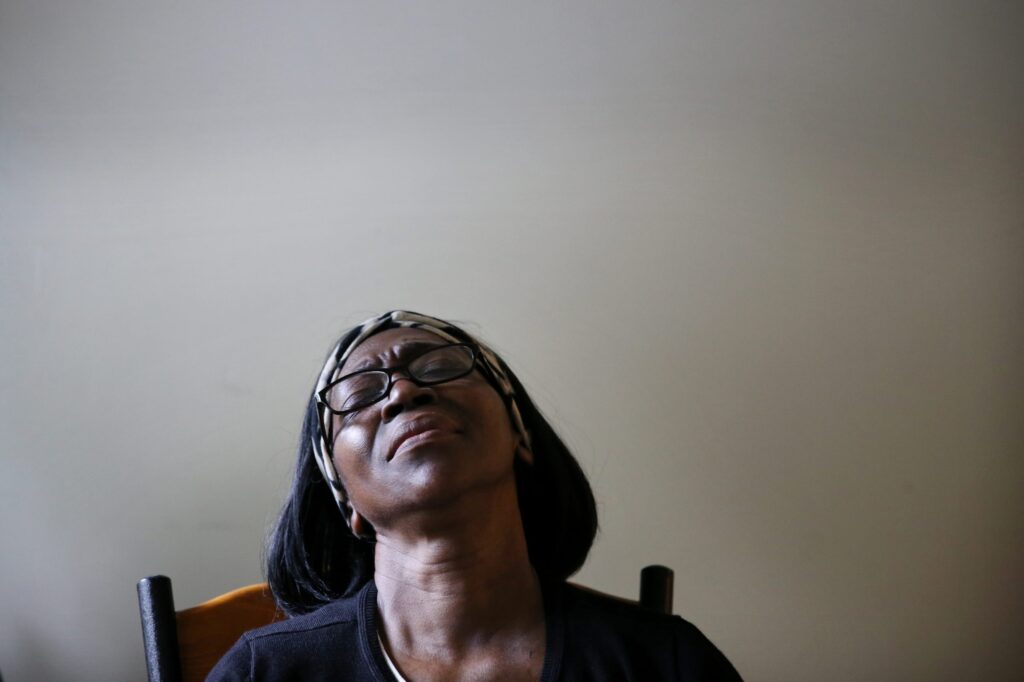Fatigue is the feeling of extreme tiredness. Regarding cancer, fatigue is the commonest symptom of cancer and cancer treatment. Here, we will discuss what causes fatigue in cancer and how you can remain energetic for activities of daily living.

Cancer Fatigue
Unlike everyday fatigue, cancer fatigue is much worse and can happen anytime, even after minimal activity. It is described as a feeling of exhaustion, weakness, drowsiness or inability to move. It is unlike anything felt prior to the cancer diagnosis.
Sometimes, it is not relieved by rest. In some cases, it may even persist for hours, weeks, days or months. This is chronic fatigue. If you led an active lifestyle prior to your cancer diagnosis, fatigue may overwhelm and frustrate you as you begin to iterate and create new schedules. It may even affect your productivity at work and relationships with people. A specific cause of your fatigue may be difficult to find.
Causes of fatigue in cancer
Fatigue may occur as a result of cancer. This may be due to a reduction of red blood cells which help carry oxygen and nutrients around the body. This is called anaemia. Alternatively, cancer cells may produce toxins that cause you to feel tired while using up your energy reserves Fatigue may also develop as a side effect of treatment, such as:
- Chemotherapy
- Radiotherapy
- Bone marrow transplant
- Surgery
- Hormone therapy
These treatment options may cause you to have anaemia, vomit, feel pain or eat less. You may also be fatigued because of other reasons relating to cancer, such as:
- Infections,
- Depression,
- Pain,
- Stress,
- Hormone levels,
- Not sleeping well,
- Not eating enough or eating well,
- Lack of activity,
- Side effects of other drugs (such as antidepressants or steroids).
Usually, fatigue reduces considerably after cancer treatment. For some people, this is not the case. You should speak with your cancer care team if you feel extremely fatigued, feel dizzy when you stand, or if your symptoms gradually worsen.
Symptoms of fatigue

- A need to sleep more
- Inability to concentrate while doing tasks
- Mental, emotional or physical exhaustion
- Feeling tired after a period of rest
- Difficulty finding sleep
- Inability to leave your bed
- Staying in bed for longer than 24 hours
- Confusion
- Inability to carry out usual activities like grooming yourself or eating
What can you do to cope?

- Take things easy: You may need to create a to-do list of your tasks and approach them one after the other, cutting out the unimportant tasks. Push the tasking activities to the early hours of the day when you are most energetic.
- Catch some rest: Certain days are filled with numerous activities that it becomes almost impossible to get by easily. Taking naps in between these activities is an effective way to restore alertness, enhance performance, and reduce mistakes and accidents. It also boosts creativity, reduces stress, improves perception, stamina, motor skills and accuracy, enhances your sex life, aids in weight loss, reduces the risk of heart attack, brightens your mood and boosts memory.
- Eat well: As part of your cancer care, a dietitian will recommend dietary plans to help nourish and keep you energized through your cancer journey. Eat well and eat frequently for optimum effects. Drink a lot of water and fluids throughout the day
- Exercise: Light exercises during the week rather than laying in bed will keep your energy levels up.
Do you still have questions or need further clarification? Please post it in the comment box or chat with us directly. We would love to hear from you.
Until the next episode. Remember; selfcare isn’t being selfish.
Loads of Love,
xo xo
Oncopadi cares

